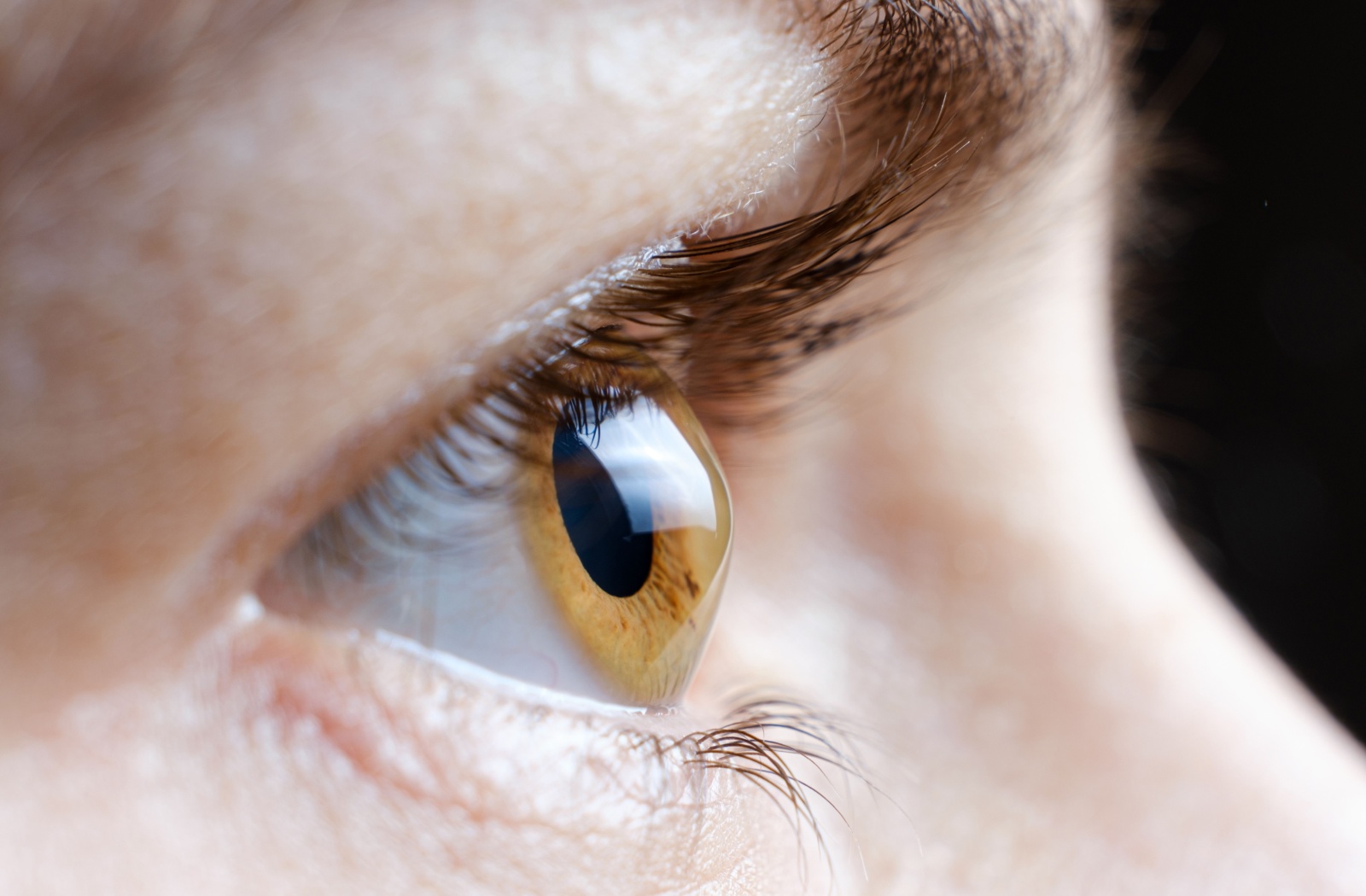All Categories
Featured

While many people recognize the relevance of shielding their skin from the sun, the hazardous impacts of ultraviolet (UV) rays on eye health commonly go neglected. Nonetheless, extreme direct exposure to UV radiation can lead to a variety of eye issues, a few of which can result in long-term damage. Whether you're absorbing the sunlight on a summer season day or walking outdoors on a cloudy mid-day, securing your eyes from UV rays is necessary. Right here's what you require to find out about the effects of UV radiation on your eyes and exactly how to protect them.
What Are UV Rays? UV rays are a kind of electromagnetic radiation discharged by the sunlight. They are categorized into three types:
UVA Rays: These penetrate deep right into the skin and eyes and can add to lasting damages. UVB Rays: These rays are a lot more extreme than UVA and are mainly accountable for surface-level damages to the eyes and skin. UVC Rays: These are one of the most dangerous yet are mainly taken in by the Planet's ozone layer and don't normally reach us. UVA and UVB rays are the key culprits behind eye-related damages.
Short-Term Effects of UV Direct Exposure on the Eyes. Even temporary direct exposure to extreme UV rays can hurt your eyes. One typical problem caused by this is photokeratitis, or "sunburn of the eye." Signs of photokeratitis consist of:
Uncomfortable, red eyes. Sensitivity to light. Tearing or too much watering. Temporary vision loss or fuzzy vision. Photokeratitis is normally short-term, yet it serves as a caution of just how destructive UV exposure can be, even in small doses.
Long-Term Results of UV Direct Exposure. Long term direct exposure to UV radiation can result in much more severe and irreversible eye conditions, such as:
Cataracts: UV rays can speed up the development of cataracts, a condition that creates clouding of the eye's all-natural lens, bring about blurred vision and, if unattended, blindness.

Macular Deterioration: UV exposure can harm the retina, especially the macula, boosting the danger of age-related macular deterioration (AMD), which impacts main vision.
Pterygium: A growth of tissue on the white part of the eye that can extend over the cornea, creating discomfort, inflammation, and vision problems.
Pinguecula: UV direct exposure can cause yellowish down payments to develop on the conjunctiva, leading to irritability and dryness.
Skin Cancer Around the Eyes: The fragile skin surrounding your eyes is extremely prone to UV radiation, enhancing the danger of skin cancers like basal cell cancer and squamous cell cancer.
Just How to Protect Your Eyes from UV Rays. Safeguarding your eyes from UV rays is simple and calls for a few conscious routines:
Buy Top Quality Shades: Select sunglasses that obstruct 100% of UVA and UVB rays. Try to find labels that specify "UV 400" protection. Wrap-around styles are ideal as they block UV rays from the sides also.
Use a Wide-Brimmed Hat: A hat with a border a minimum of 3 inches broad can substantially decrease UV exposure to your eyes and face.
Limit Exposure During Top Hours: UV rays are toughest in between 10 a.m. and 4 p.m. If you have to be outdoors during these hours, ensure you're effectively protected.
Don't Be Fooled by Clouds: UV rays can penetrate through clouds, so it's essential to wear sunglasses even on overcast days.
Shield Your Eyes Year-Round: Snow, sand, and water can mirror UV rays, intensifying their impacts. Eye defense isn't simply for bright summer season days-- ensure you're covered in all seasons.
Use UV-Blocking Contact Lenses: Several get in touch with lenses now feature UV defense. If you put on contacts, ask your optometrist about lenses with built-in UV filters for added protection.
Encourage Eye Protection for Kid: Children's eyes are much more sensitive to UV rays due to the fact that their lenses are clearer, permitting even more radiation to reach the retina. See to it they put on sunglasses and hats throughout exterior activities.
Regular Eye Exams. Regular check-ups with an eye care professional are crucial for very early discovery of any kind of UV-related damages. An eye doctor or ophthalmologist can assess your eyes, suggest protective actions, and identify conditions like cataracts or macular degeneration beforehand.
Conclusion. UV rays position a considerable threat to eye health, and their impacts can build up over time. With the appropriate precautions, you can reduce these threats and safeguard your vision. By wearing UV-blocking sunglasses, limiting sunlight direct exposure during height hours, and staying consistent with eye tests, you can guarantee your eyes remain healthy and balanced and your vision stays clear for years ahead. Safeguarding your eyes from UV radiation isn't nearly convenience-- it's an important step in preserving your long-lasting eye health.
Latest Posts
Don’t Miss Exclusive Auto Repair Offers in Chicago at Montclare Auto Repair
Improve Your Home's Exterior with Weathercraft's House siding Solutions
Safeguard Your Financial Investment with Professional Rain Gutter Installation
More
Latest Posts
Don’t Miss Exclusive Auto Repair Offers in Chicago at Montclare Auto Repair
Improve Your Home's Exterior with Weathercraft's House siding Solutions
Safeguard Your Financial Investment with Professional Rain Gutter Installation